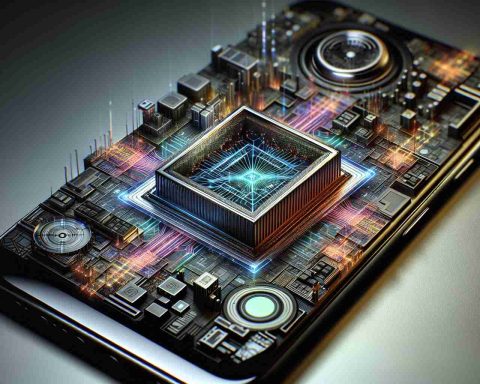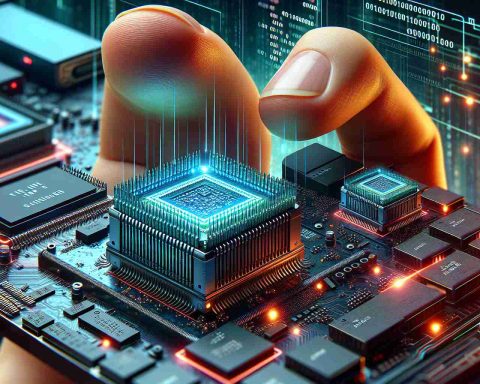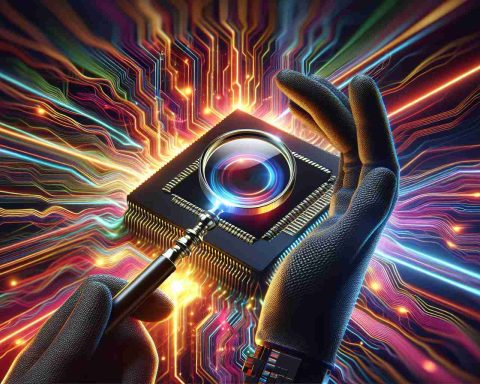In recent years, the smartphone industry has been dominated by a few giants like Apple, Samsung, and Qualcomm, leaving little room for new players. Enter Intel, a titan in the computer processor world, which is now quietly shifting gears toward the mobile market. This move could have profound implications for the future of smartphone technology.
Intel’s Newest Venture: Mobile Processors
Intel has unveiled hints about its ambitious plans to release mobile processors that promise not just faster speeds but unmatched energy efficiency. As battery life remains a major concern for users worldwide, Intel’s processor technology could redefine the norm by offering significantly extended battery longevity without compromising performance.
Adaptive AI Integration
Moreover, Intel is gearing up to integrate cutting-edge artificial intelligence (AI) capabilities directly within its chips. This could enable smartphones to perform complex tasks like real-time language translation and advanced photo editing with remarkable speed. The potential for AI in creating smarter, more personalized user experiences is immense, paving the way for a more intelligent era of mobile technology.
Challenges and Opportunities
However, Intel’s roadmap into the smartphone market is not without its challenges. Capturing market share from established processor manufacturers requires not only cutting-edge technology but strategic partnerships with smartphone makers. Nevertheless, if successful, Intel could usher in a new era of unprecedented mobile computing possibilities.
As Intel continues to innovate, its move into the smartphone processor industry could signal a transformative period, one where the lines between traditional PCs and mobile devices blur even further.
Will Intel Revolutionize the Smartphone Market?
Intel’s entry into the mobile processor market is a strategic pivot with the potential to reshape how we use smartphones daily. But beyond technical capabilities, how does this shift affect ordinary users and communities worldwide?
Global Connectivity Leap
One fascinating aspect of Intel’s entry is its implications for global connectivity. By integrating advanced AI directly into chips, Intel can potentially bridge the digital divide more effectively. Countries with less developed technological infrastructures may benefit from more affordable yet powerful smartphones, enhancing access to information and services.
Disrupting the Status Quo
Will Intel’s move spell trouble for the current industry leaders? As users become more reliant on seamless mobile experiences powered by AI, Intel’s processors could disrupt the market’s balance, challenging existing alliances and possibly leading to more competitive pricing strategies. This disruption might benefit consumers through lower costs and better-quality devices.
Environmental Considerations
However, the environmental impact of new chip production cannot be ignored. While Intel’s focus on energy efficiency could reduce electronic waste over time, the immediate increase in manufacturing may lead to heightened environmental concerns. Balancing these considerations is crucial.
Interoperability Questions
If Intel successfully embeds extensive AI capabilities, would this lead to better interoperability across devices? And if so, how would this impact ecosystems dominated by Apple or Samsung? The answers will dictate how these tech giants might re-strategize.
The stakes are high, and Intel’s bold endeavor could redefine both the technological landscape and how society interacts with technology. For more insights, visit Intel and Samsung.






















